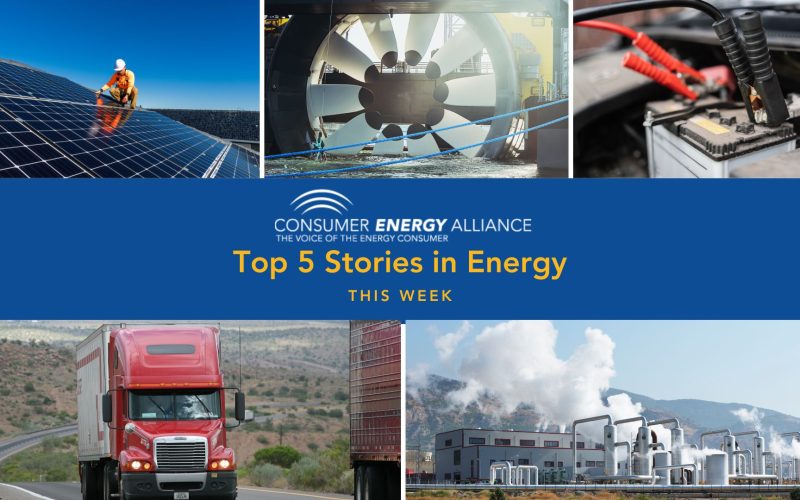THE VOICE FOR THE ENERGY CONSUMER

One summer, while staying with a friend in San Francisco, we visited the California Academy of Sciences in the city’s Golden Gate Park. With over 46 million specimens, it is.

As local governments discuss ways to eliminate consumer choice by banning natural gas, CEA’s latest report, “The Hidden Costs of a Virginia Natural Gas Ban” was recently cited in a.

CEA’s David Holt talks about the Biden Administration’s energy policies which are hurting families and small businesses across the country. Listen here – KTRH 740 AM
.
Earlier this week, the Biden’s administration urged the Organization of Petroleum Exporting Countries (OPEC) and its allies, known as OPEC+, to increase output to help with rising gasoline prices that.

WASHINGTON, D.C. – In response to the Biden Administration urging OPEC nations to produce more oil, Consumer Energy Alliance President David Holt released the following statement: “With inflation and gasoline.

A vote on the proposed U.S. Infrastructure package is still pending in the U.S. Senate after negotiations fell apart on Thursday evening. The vote is now scheduled for Saturday; where.

Ultimately, consumers drive the market, but it is also in the best interest of utilities to be responsive to that market and new policies set by the states where they.

RICHMOND, VA – Consumer Energy Alliance (CEA), the leading energy and environmental advocate for families and businesses, today released a report that finds that a natural gas ban would cost.

A bipartisan infrastructure package is still on the horizon. Senate majority Leader Chuck Schumer said yesterday that he has the votes to move the $3.5 trillion package forward. In other.

WASHINGTON, D.C. – Consumer Energy Alliance (CEA), the leading energy and environmental advocate for families and businesses, released the following statement as the Senate Energy and Natural Resources Committee met.